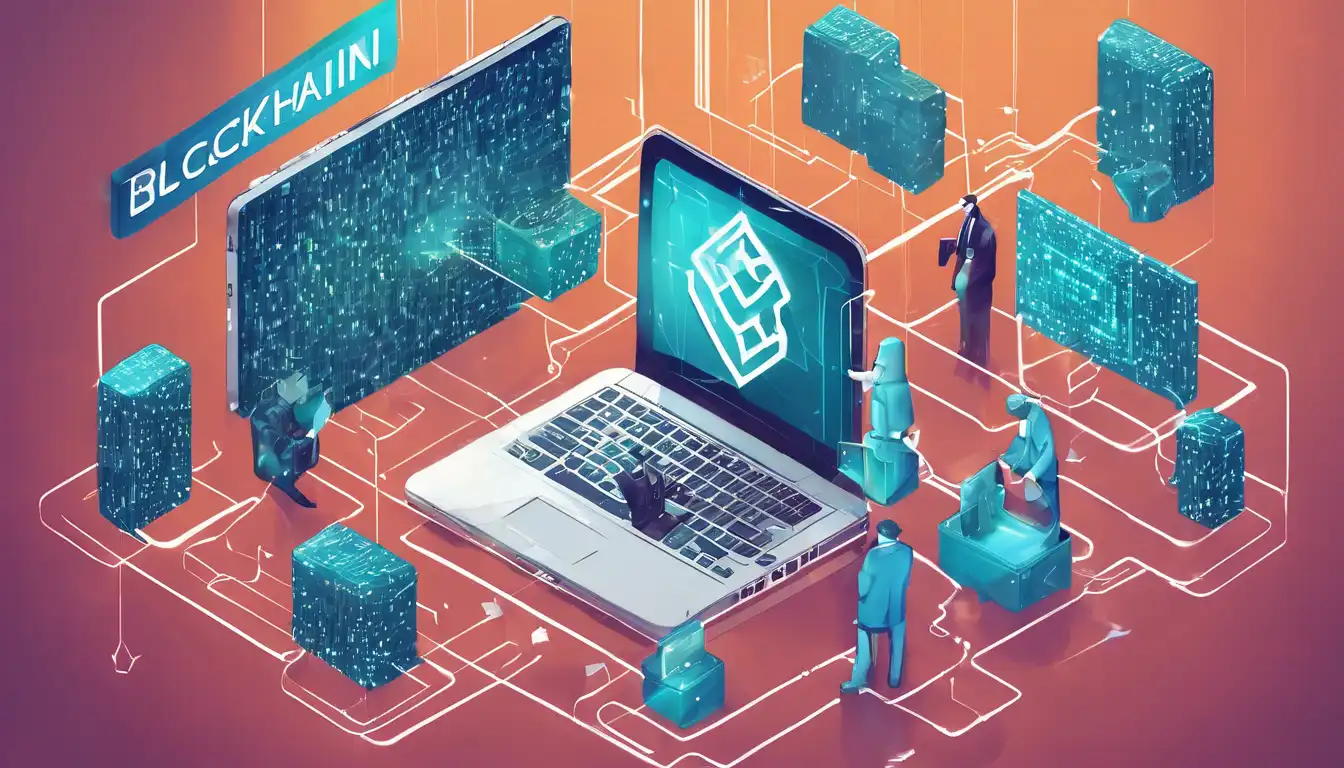The Revolutionary Impact of Blockchain on Data Security
In the digital age, data security has become a paramount concern for individuals and organizations alike. With the advent of blockchain technology, a new horizon of security measures has emerged, offering unparalleled protection against data breaches and cyber threats. This article delves into how blockchain is revolutionizing data security, ensuring integrity, confidentiality, and availability of data like never before.
Understanding Blockchain Technology
Blockchain is a distributed ledger technology that allows data to be stored across a network of computers worldwide. This decentralization ensures that no single entity has control over the entire network, making it inherently resistant to tampering and fraud. Each block in the chain contains a number of transactions, and every time a new transaction occurs on the blockchain, a record of that transaction is added to every participant's ledger.
Enhancing Data Integrity
One of the key features of blockchain is its ability to ensure data integrity. Once a transaction is recorded in a block and added to the chain, it cannot be altered without the alteration of all subsequent blocks and the consensus of the network. This immutability makes blockchain an ideal solution for sectors where data integrity is critical, such as finance, healthcare, and legal industries.
Decentralization: A Shield Against Cyber Attacks
The decentralized nature of blockchain technology significantly reduces the risk of cyber attacks. Traditional centralized databases are vulnerable because they present a single point of failure. In contrast, blockchain's distributed ledger requires an attacker to compromise more than half of the network's nodes simultaneously, a feat that is nearly impossible with large and well-distributed networks.
Smart Contracts for Automated Security
Smart contracts, self-executing contracts with the terms of the agreement directly written into code, further enhance data security on the blockchain. They automatically enforce and execute the terms of a contract when predetermined conditions are met, eliminating the need for intermediaries and reducing the potential for fraud or manipulation.
Blockchain in Identity Verification
Blockchain technology is also transforming identity verification processes. By storing identity information on a blockchain, individuals can control their personal data and share it securely without relying on third-party verification services. This not only enhances security but also privacy, as users can decide exactly what information to share and with whom.
Conclusion
Blockchain technology is setting a new standard for data security. Its unique features, such as decentralization, immutability, and the use of smart contracts, provide robust solutions to many of the vulnerabilities present in traditional data security systems. As blockchain continues to evolve, its potential to safeguard digital information against increasingly sophisticated cyber threats is limitless. Embracing blockchain technology is not just an option but a necessity for securing the digital future.
For more insights into how technology is shaping the future of security, explore our technology trends section.
